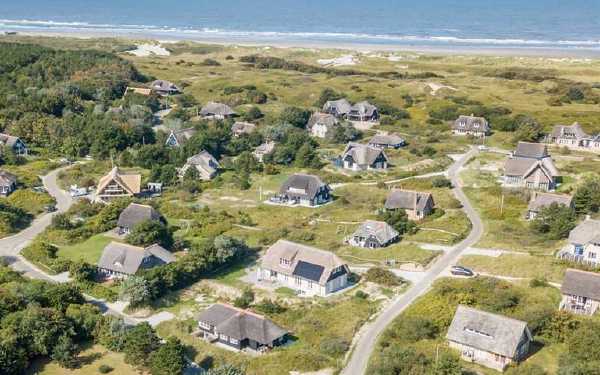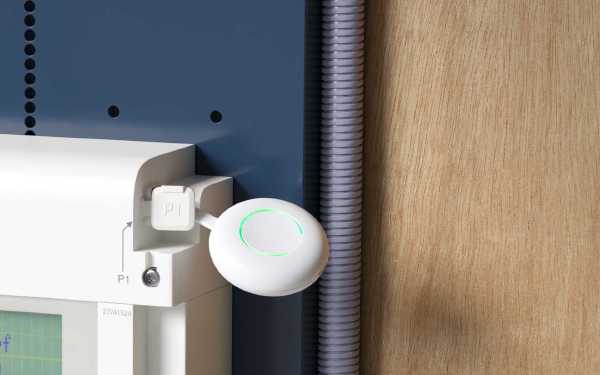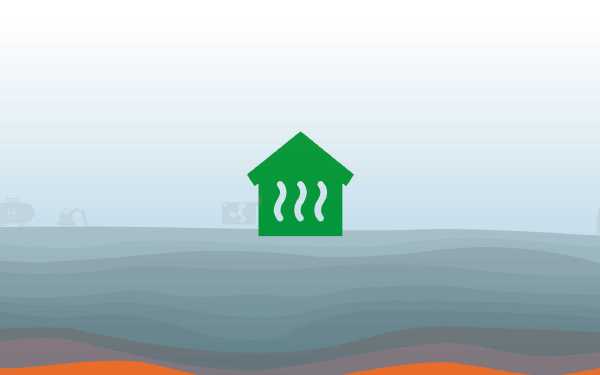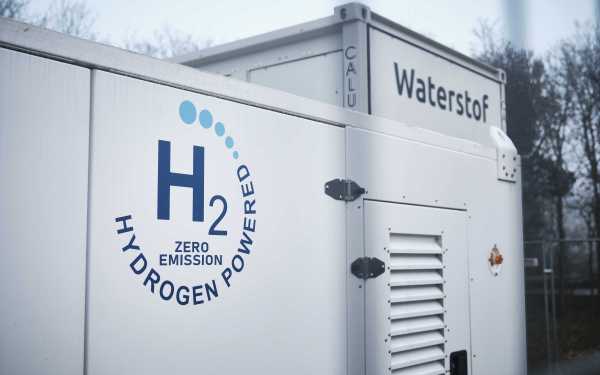Why smart storage?
Sometimes more sustainable energy is generated than there is demand for energy. By storing the surplus smartly, it can be used at a later time. This also helps to keep the energy system functioning properly.

How?
The municipality of Ameland is investigating the possibilities of smartly storing energy in (home) batteries or in hydrogen. Amelanders with solar panels can get started themselves by turning on devices during the day when the sun shines on the panels.
Projects
-
2023
 Energy park Ballumerbocht
Energy park Ballumerbocht -
2023
 Making recreational homes more sustainable
Making recreational homes more sustainable -
2023
 P1 Meter
P1 Meter -
2023
 Smart heating of Ameland
Smart heating of Ameland -
2023
 Sufficient network capacity
Sufficient network capacity -
2022
 Test with fuel cell on hydrogen gas
Test with fuel cell on hydrogen gas -
2021
 Transition vision for heat
Transition vision for heat -
2020
 Buren gives Energy
Buren gives Energy
‹
›
Frequently Asked Questions
All questionsWhy does Ameland want to be at the forefront for 15 years?
The sooner we make the transition to natural gas-free, the more government resources will be available. The government is already thinking along quite a bit. As a leader, we benefit from this. A disadvantage is that you have to figure out more yourself. By figuring it out yourself, you also have concrete answers for the Ameland area with all its special features.
Can you store hydrogen?
Yes, this is possible, hydrogen can be stored for a longer period of time so that a surplus of energy can be used later. However, it is still quite expensive to store large quantities of hydrogen.
What can we do with the use of residential batteries and neighborhood batteries?
Batteries are definitely worth it and help to store the electricity generated by solar panels. Solar panels mainly supply energy when energy demand is low. When netting is phased out, there is a chance that there will be a subsidy on home batteries. Batteries are good for balancing the network and smoothing out the peaks so that there is more room for all-electric solutions, for example. But a battery is also interesting for getting power from the public grid when it is very cheap and selling it when the power is expensive. "We expect batteries to play an important role in the future. The electricity grid is built on peaks, while these peaks only occur a few times a year. With the use of batteries we can smooth out the peaks and use the grid much more efficiently. On balance, the expansion of electricity grids is borne by the end user.



